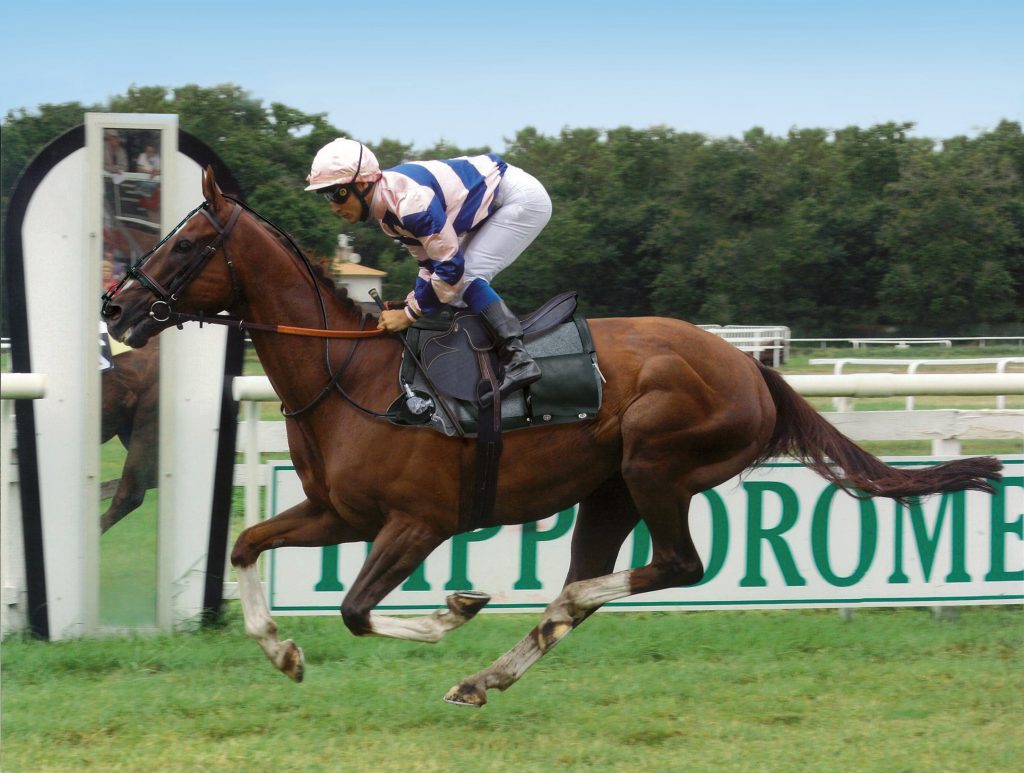
Aims of the course:
- Learn how to perform objective performance tests in sport horses.
- Learn which are the most important medical factors influencing performance.
- Learn which are the most important orthopedic factors influencing performance.
- Learn how physical strain influences the equine metabolism and body.
- Learn how to implement modern diagnostic and performance monitoring techniques/sensors in daily clinical work.
Course details:
High level sport horses are frequently exposed to extreme physical strain and stress situations that can cause performance-limiting pathologies. An optimal training management leads to natural performance enhancement through homeostatic adaptation, whereas too harsh training induces metabolic disturbances and possibly lesions, which end in poor performance. Physical overload and/or nutritional deficiencies lead to oxidative stress in horses, which predispose them to orthopedic injuries and other physical ailments. Like in human sports medicine, a thorough individual management of equine athletes, including close medical monitoring during and between the sport season, is essential to achieve optimal results. Frequent physical examinations and specific blood screenings will help detect early pathological signs. Furthermore, objective performance evaluation is very valuable to determine the present physical level of the horses. It allows adapting training intensity and frequency to the current fitness status to prevent undertraining and, most importantly, overtraining.
Subclinical diseases are very frequent in sport horses and are other reasons for poor performance in these animals. Stress induced by harsh training, long travel itineraries and competitions induces immune-suppression. Sport horses are therefore prone to develop infectious diseases. Other frequent disorders, such as lower respiratory inflammation diseases, are more a consequence of the housing management. They contribute to reduce the performance level of equine athletes and must be diagnosed and treated as early as possible to improve the prognosis.
This course will focus on the basic physiological, nutritional, medical, and orthopedic factors that influence the level of performance in sport horses. It will also explain how the equine metabolism adapts to athletic work and how to prevent management mistakes. The participants will learn how to perform objective performance evaluation by implementing modern technologies and sensors to certain tests and how to correctly monitor the equine athlete during his career. It will include lectures and clinical demonstrations on several horses.
SPONSORS:
PARTICIPATION FEE (Payment in EURO):
Early registration:
250 Euro (about 1050 AED) extended to the 8th of October 2017!
Late registration:
300 Euro (about 1260 AED) after the 9th of October 2017
Deadline for registration: 17th of October 2017
ACCREDITATION:
15 CPD hours recognized by the ATF - German Academy for Veterinary Professional Development
Further information regarding program and registration:
Contact: Dr. Jean-Claude Ionita
E-Mail Address: info@aliuscpd.com
Phone: +49 152 343 243 18
Fax: +971 4 392 6566
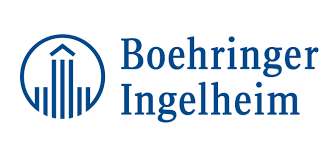



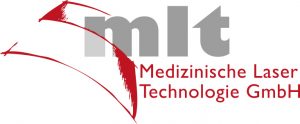
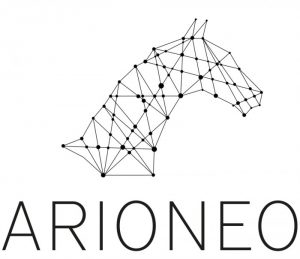
SPEAKERS
 |
Dr. Emmanuelle van Erck DVM, PhD, Dipl. ECEIM, FEI vet Equine Sports Medicine Practice Avenue Beau Séjour, 83 1410 Waterloo Belgium |
Dr. Emmanuelle van Erck has a unique professional background, which combines intensive scientific research and daily clinical work in equine sports medicine. As one of the best specialists in this specific area, she regularly holds lectures at international scientific conferences, is a consultant to the FEI as well as several national equine federations and travels around the world to examine and treat poor-performing horses.
After her graduation in Maison-Alfort (France) in 1996, Emmanuelle did a PhD on respiratory functional tests in horses at the University of Liege (Belgium) and participated to research projects in equine sports medicine at Cornell University (USA) and at Uppsala University (Sweden). In 2000, she became senior consultant at the Centre for Equine Sports Medicine at University of Liège, where she dealt with referred cases in sports medicine, participated to numerous research projects and trained veterinary students. In 2007, she co-developed the equine internal and sports medicine unit in the CIRALE (Prof. J.-M. Denoix) in Normandy (France).
She is a Diplomate of the European College of Equine Internal Medicine (ECEIM) since 2008 and was board member of the International Committee at the International Conference on equine Exercise Physiology (ICEEP) in 2010. Emmanuelle is author of over 40 scientific papers and continues to collaborate to applied research projects in equine sports medicine, to teach clinical training for the veterinary students and practitioners and to regularly publish in both scientific and lay journals. In 2010, she left her academic career to found a unique referral mobile equine practice, completely dedicated to performance evaluation in sport horses. She developed specific performance tests for endurance, thoroughbreds, trotters, show jumping and dressage horses, mainly working with the French and Belgian National Teams.
 |
Prof. René van Weeren DVM, PhD, Dipl ECVS Department of Equine Sciences Faculty of Veterinary Medicine of the Utrecht University Yalelaan 112 3584CM Utrecht The Netherlands |
Prof. Paul René van Weeren is not only one of the world’s biggest names in equine orthopedics, but he is also a “pure-bred” horseman. As a Professor of Equine Musculoskeletal Biology, he published countless papers and book chapters on equine surgery, sports medicine and orthopedics, but his main research area focusses on the orthopedic aspects in equine sports.
René (1957) graduated in 1983 from the Utrecht University Veterinary Faculty (The Netherlands). He became a staff member of the Department of General and Large Animal Surgery in that year and obtained his PhD degree in 1989. From 1991-1993 he worked as a visiting professor at the Escuela de Medicina Veterinaria of the Universidad Nacional in Heredia, Costa Rica. He became a diplomate of the European College of Veterinary Surgeons in 1994. He was appointed as full professor to the Chair of Equine Musculoskeletal Biology in 2007 and is now mainly involved in research with focus areas articular cartilage, tendons and biomechanics. He became Head of the Department of Equine Sciences of the Faculty of Veterinary Medicine of Utrecht University in 2012.
René van Weeren has been a supervisor of 29 PhD students, who have obtained their degree in the past years and currently supervises 9 PhD students, who will be graduating within the next few years. He is an associate editor of Equine Veterinary Journal, member of the editorial board of The Veterinary Journal, and member of the scientific board of several other journals. He has been, or is, guest editor of various Special Issues or Supplements of a variety of scientific journals. He has been external examiner for PhD students abroad at various occasions in Belgium, the UK, France, Austria, Sweden, Norway and Finland. He is author or co-author of more than 275 peer-reviewed scientific publications and has contributed various chapters to a variety of textbooks. He is one of the editors of the 2nd edition of Joint Disease in the Horse, which textbook has been published in the autumn of 2015.
Program Day 1
8:30 Registration
9:00 Welcome speech and introduction of the speakers
9:30 Understanding the basics of equine performance: from physiology to training Dr. E. van Erck
10:15 Clinical examination of the high-performance horse: can I miss anything? Dr. E. van Erck
11:00 Coffee break
11:30 The effect of exercise on the equine musculoskeletal system Prof. R. van Weeren
12:15 Quantitative gait analysis for monitoring the sport horse: what are the big advantages and which are the pitfalls? Prof. R. van Weeren
13:00 Lunch
13:45 Performance evaluation techniques: field vs. treadmill Dr. E. van Erck
14:30 How is the endurance race horse special? Dr. E. van Erck
15:15 Coffee break
16:00 Any negative effects of exercise on the equine body? Training vs. overtraining Dr. E. van Erck
16:45 Hyvisc® Hyaluronic Acid: Function and Use Dr. R. Ragni-Alunni
17:30 End discussions
18:30 Get-together-dinner
Program Day 2
9:00 Biomarkers and their potential role as sentinels for health status Prof. R. van Weeren
9:30 Nutrition of the high-level horse: avoid mistakes Dr. E. van Erck
10:00 Biomechanics of the equine back and its implications for clinical practice Prof. R. van Weeren
10:45 Coffee break
11:15 Current developments in articular regenerative medicine Prof. R. van Weeren
12:00 How upper airway problems impact performance: seeing is believing Dr. E. van Erck
12:45 Lunch
13:15 Inflammatory airway disease (IAD): effect on performance, diagnosis and therapy Dr. E. van Erck
14:00 Blood testing and biosensors in the sport horse, what's new? Dr. E. van Erck
14:45 Case discussions Dr. E. van Erck
15:30 Coffee break
16:00 Equimetre®: a new sensor to monitor race horses t.b.d.
16:45 New blood tests for sport horses Dr. J-C Ionita.
18:00 End discussion

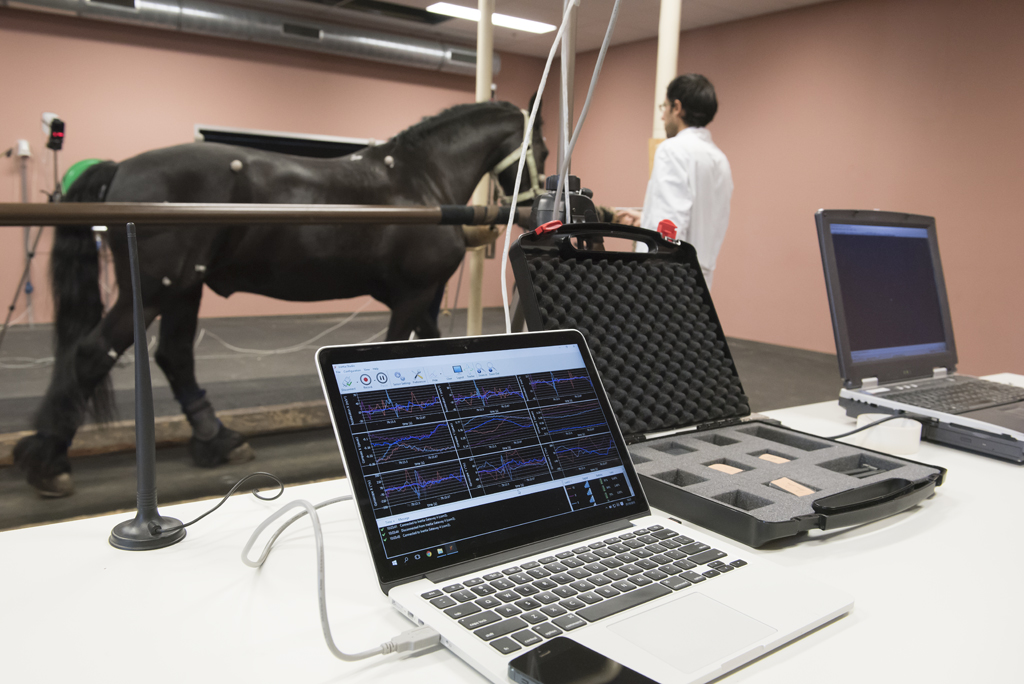

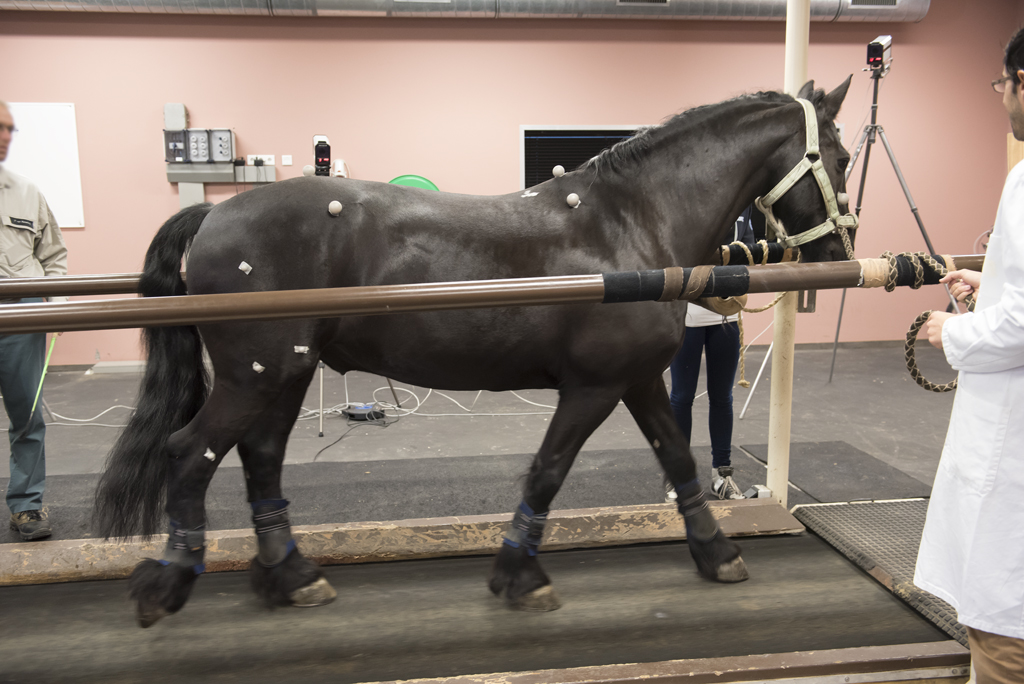
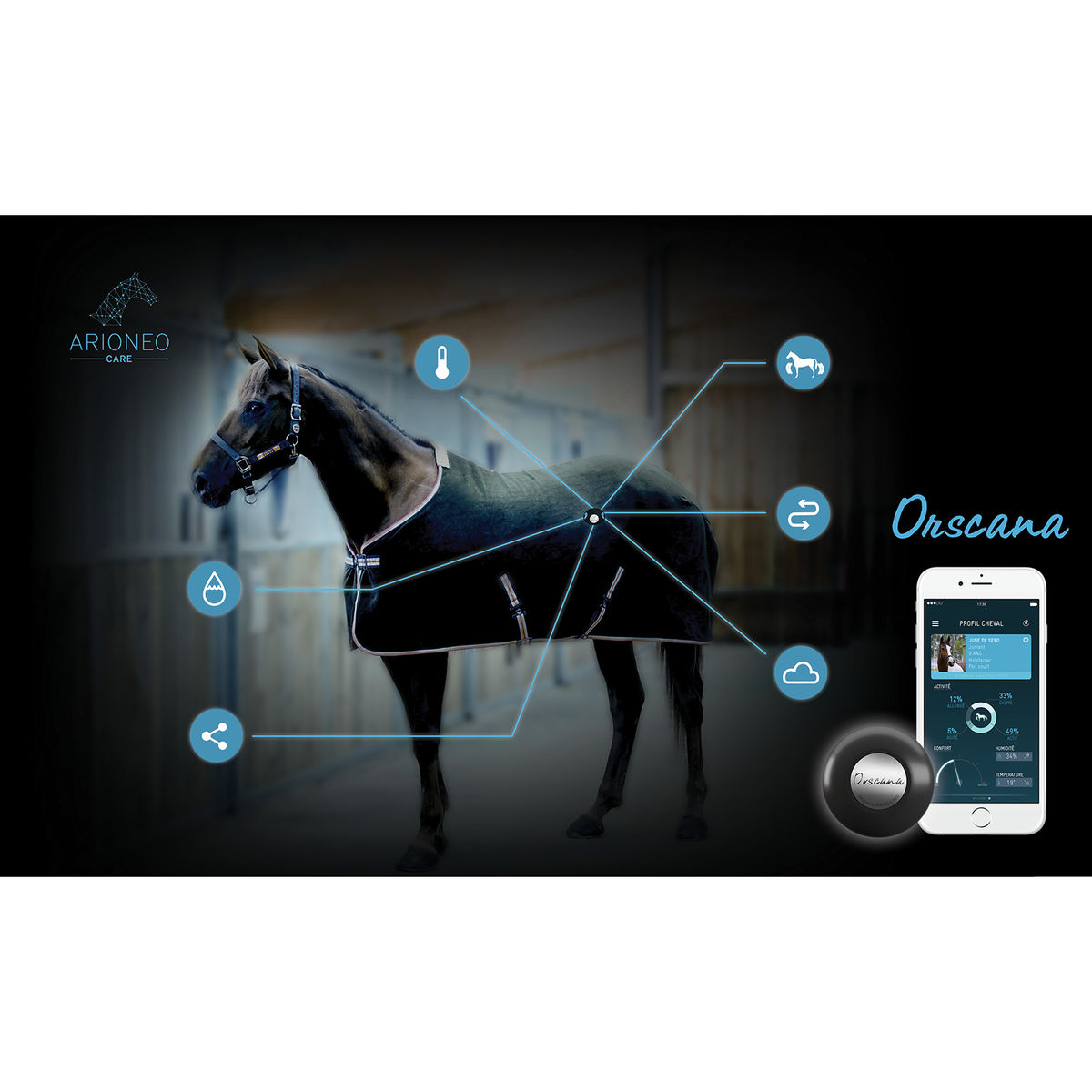
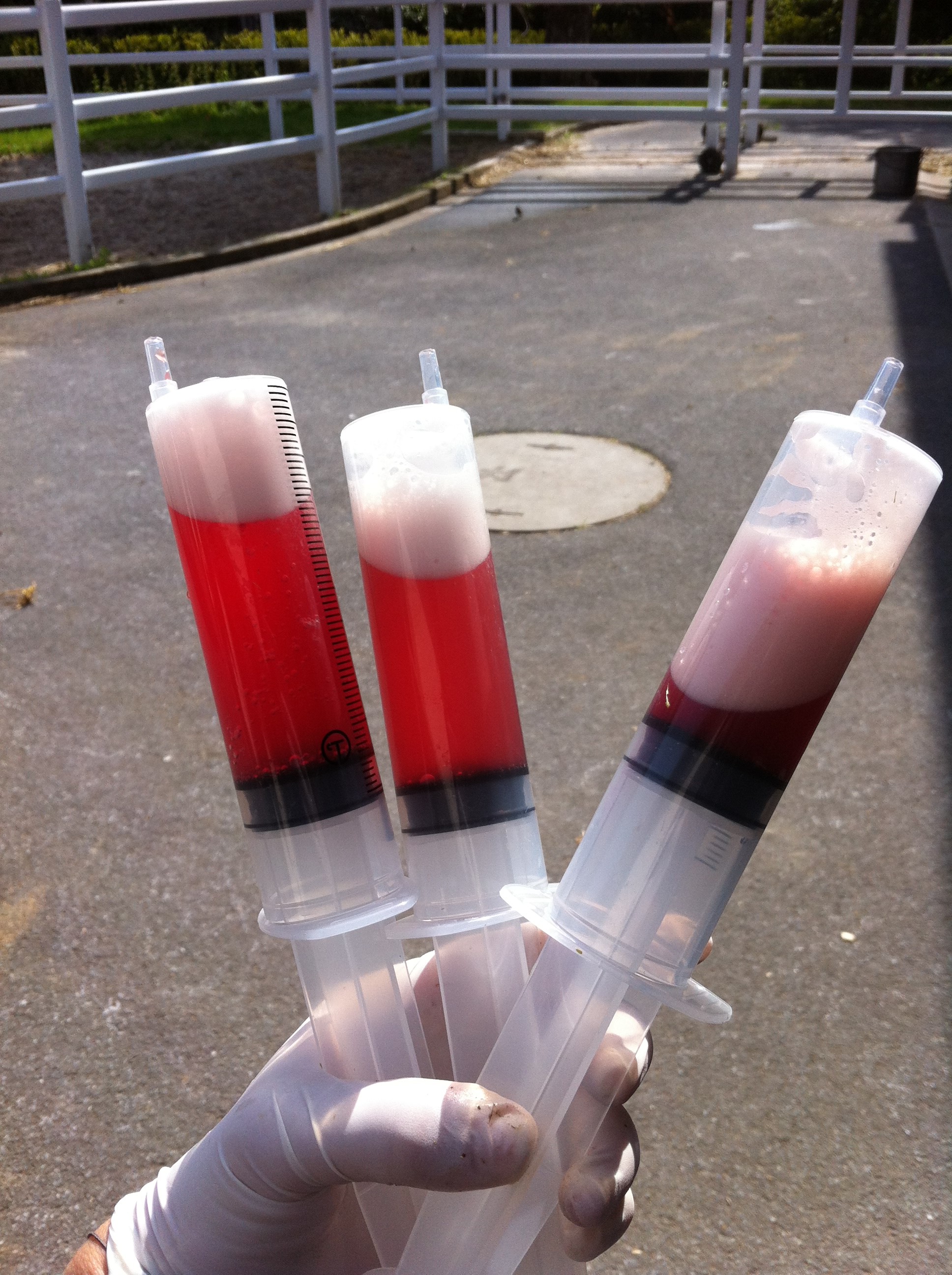
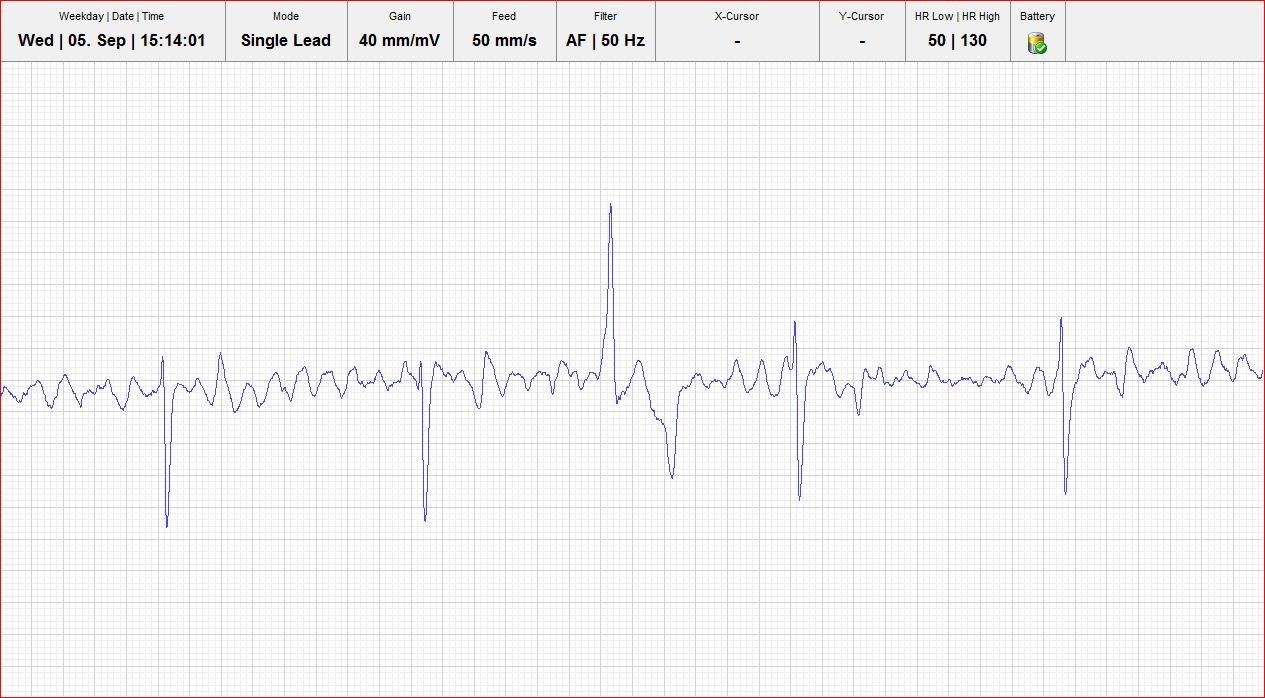

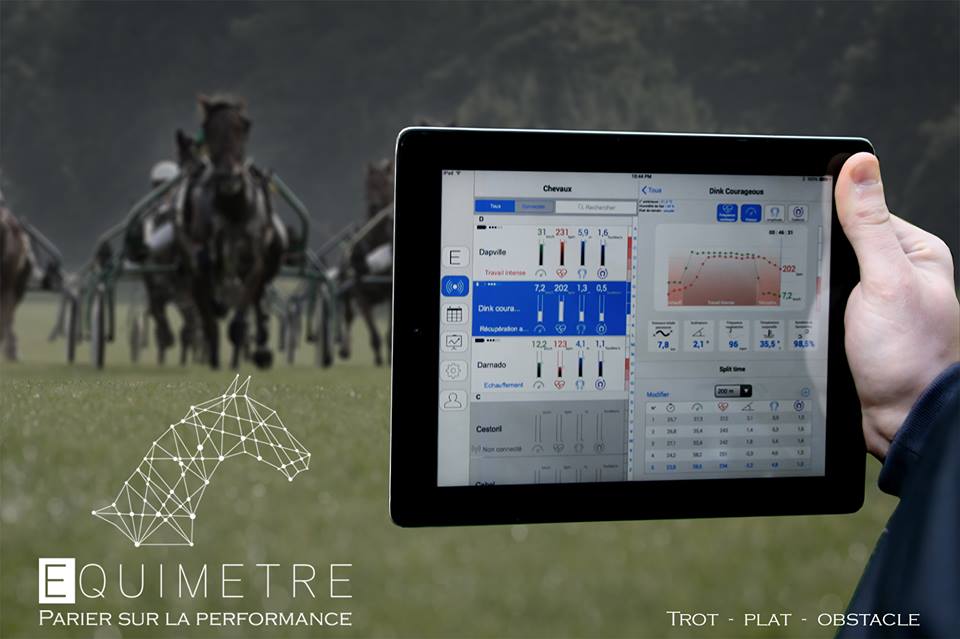
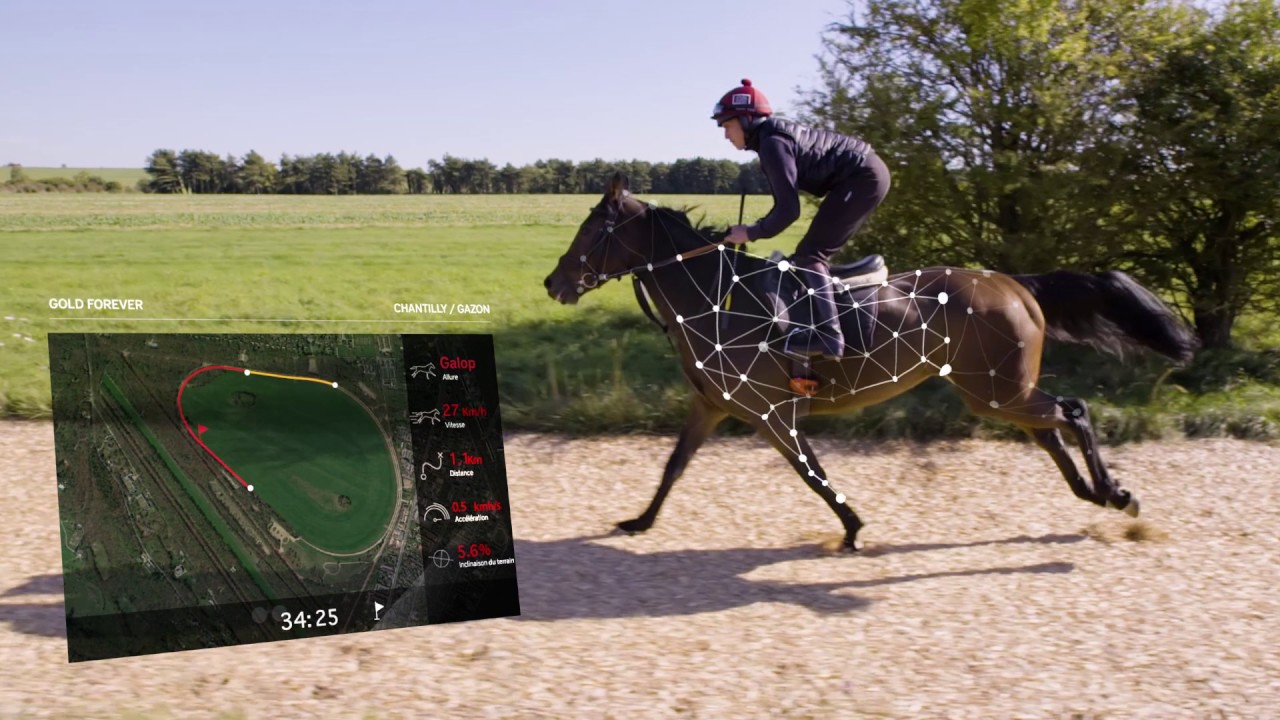
Leave a Reply
You must be logged in to post a comment.